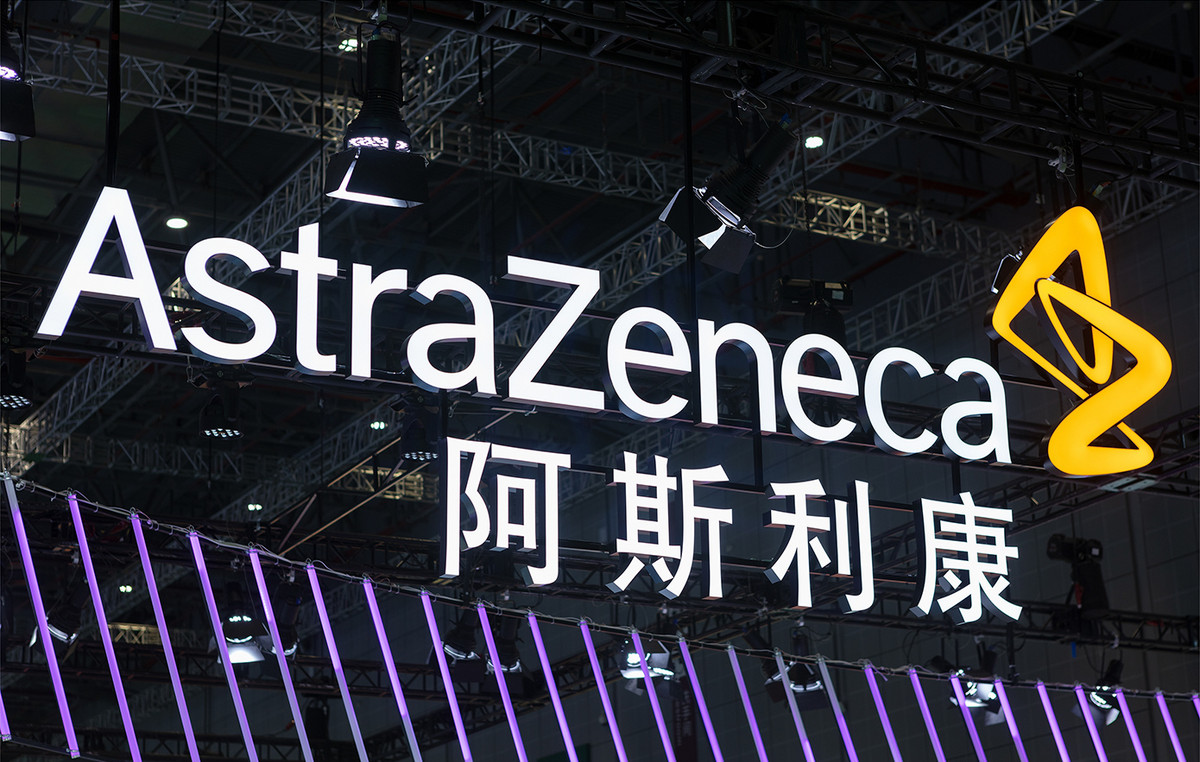Celebrated on May 17, the World Hypertension Day It draws attention to the risks of this silent disease, which affects vital organs and is among the main causes of cardiovascular complications. Study of the National Institute of Cardiology (INC), linked to the Ministry of Health, shows that people 60 years or older are more likely to develop hypertension.
Information on the surveillance surveillance of risk factors and protection for chronic diseases by telephone inquiry (Vigitel), released in 2023, estimates that about 30% of the Brazilian adult population live with hypertension. The survey also reveals that the prevalence is higher among women in Brazilian capitals, with 29.3% of diagnoses, while men correspond to 26.4%.
Cardiologist Poliana Requião, a professor at the Institute of Medical Education (Idomed), reports that the prevalence increases with age and in people over 60 years between 50% and 60% of hypertensive patients.
“It is estimated that about 50% of hypertensive patients do not know the diagnosis. It is a silent disease.”
The date reinforces the importance of prevention and early diagnosis in all age groups. “Although the incidence of the disease increases with age, this does not prevent young people – and even children – from being affected,” says the cardiologist.
Arterial hypertension is characterized by the stiffness of the artery walls – a slow process, which most often develops without symptoms until more advanced stages of the disease. According to the cardiologist, several factors can contribute to the emergence of the picture.
“The main risk factors involve genetic predisposition and inappropriate life habits, such as sodium -rich diet, excessive alcohol consumption, obesity and physical inactivity,” he says.
It is a systemic condition that can compromise different organs. In the heart, for example, it may cause an increase in organ size (hypertrophy) and later lead to weakening of cardiac muscles, resulting in heart failure. In addition, the disease is considered the main risk factor for infarction, stroke (stroke) and renal failure, which can evolve to the need for hemodialysis.
“Hypertension can kill. According to data from the 2017 Ministry of Health, 388 people die per day in Brazil directly or indirectly related to hypertension,” says Poliana.
Although it is, in most cases, a silent disease, hypertension may have some signs. “Headache, nausea, dizziness, shortness of breath, exercise intolerance, visual changes or even erectile dysfunctions can emerge as symptoms,” warns the doctor. The expert points out that, precisely because it is asymptomatic in most cases, hypertension can go unnoticed by long periods, which makes early diagnosis difficult.
“If you have a family antecedent of hypertension, care should be redoubled,” adds Poliana. Regular blood pressure measurement is a simple but essential measurement for lifting suspicions and allowing proper investigation, preventing complications caused by high pressure over time.
To avoid more serious complications such as heart attack, stroke or renal failure, the doctor advises that patients diagnosed with hypertension adopt continuous care.
“It is essential to maintain changes in lifestyle, make regular outpatient visits and correctly use prescribed medications,” says Priscila.
According to the nutritionist and coordinator of Nutrition and Professor at Estácio de Sá University, Anete Mecas, the Dash Diet (Dietary Approach to Stop Hypertension) It is considered a healthy eating pattern, being recommended for the control of hypertension, which consists of the proper consumption of fruits, vegetables, low -fat dairy products, whole grains, fish, birds, nuts, almonds, nuts.
“The diet also restricts the consumption of red and processed meats, as well as sodium and sugary drinks,” says the experts.
According to the nutritionist, a clinical trial evaluated US adults, which showed that the consumption of the Diet diet resulted in an increase in nutrient intake that may contribute to reduced hypertension, such as potassium, magnesium, calcium, selenium, phenolic compounds, food fibers.
“Obesity is a disease that has been growing considerably in the country. Currently 55% of the Brazilian population is overweight. And hypertension is one of the comorbidities that are associated with obesity. Usually obese patients in the 40-45-year-old hypertension,” says the nutritionist.
This content was originally published on World Hypertension Day: condition reaches 30% of adults in Brazil on CNN Brazil.
Source: CNN Brasil
I am an experienced journalist and writer with a career in the news industry. My focus is on covering Top News stories for World Stock Market, where I provide comprehensive analysis and commentary on markets around the world. I have expertise in writing both long-form articles and shorter pieces that deliver timely, relevant updates to readers.







